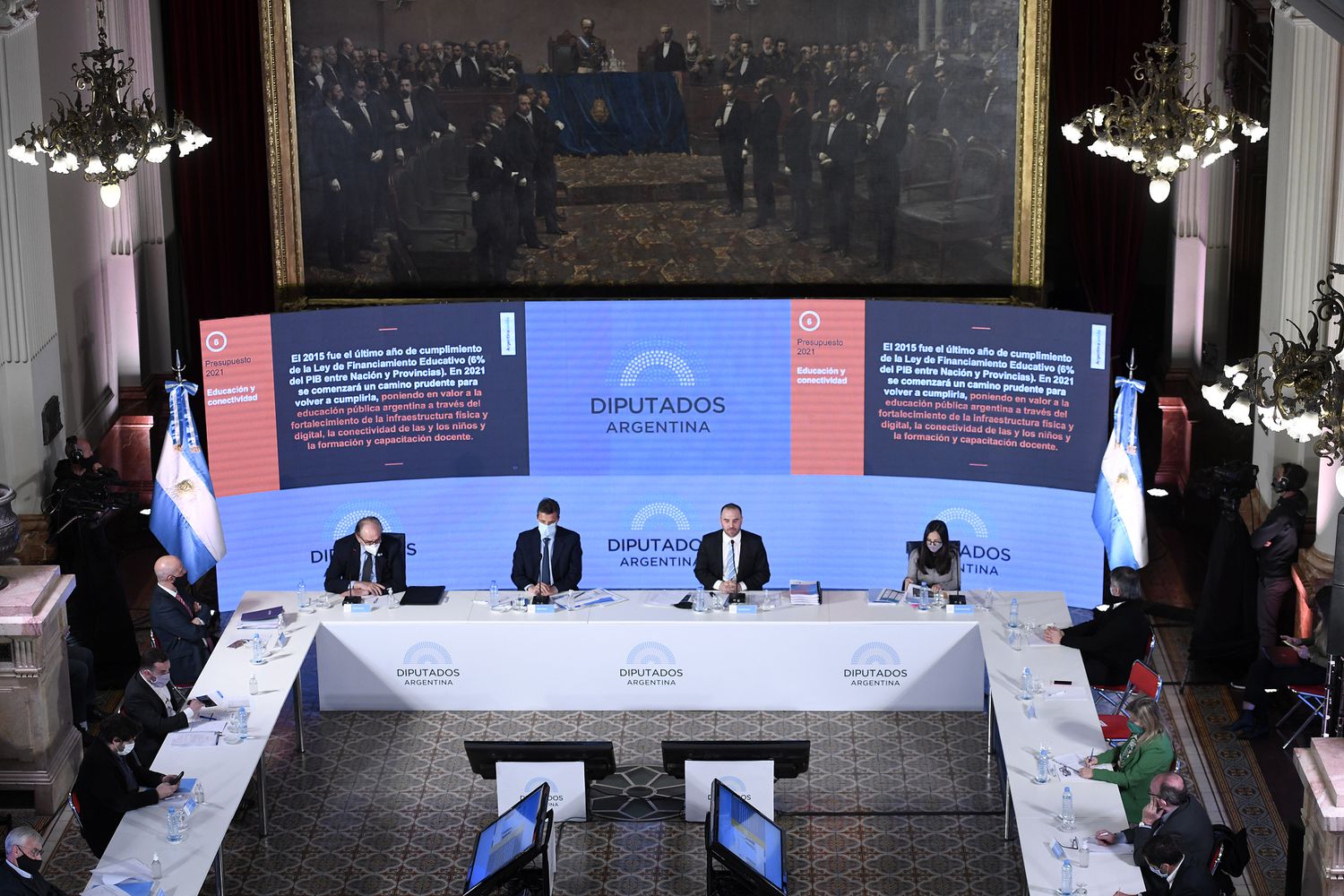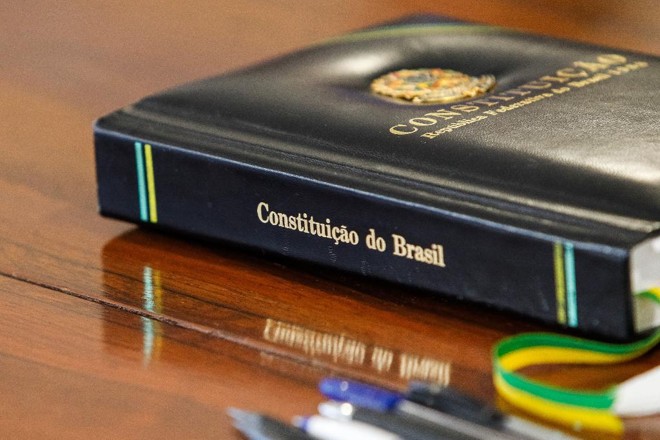by Vinício Carrilho Martinez, Federal University of São Carlos (UFSCar)
Reviewed by Matheus Lucas Hebling
Probably no experience, not even human construction/fabrication demands so many results compared to democracy. Not even intensive care medicine. In intensive care units, 10% chances of survival mean that out of every hundred people, ten will survive.
In a political democracy, the reduction of political goals to 10% of success or implementation implies the loss of a democratic regime 100% of the time. No democracy in the world, in the past or present survives or has survived without clear, satisfactory, and evident results.
Democracy is a promise, sometimes closer to being materialized and often far removed from the original dreams: see the Founding Fathers at the USA. This means that if democracy is a promise, it is never a total reality: we promise about the future and do not even think about the present. The past, therefore, is nothing more than a warning: “You can get stuck, drown!!”.
This also means that it is promised something to be modified, corrected, improved. This is the meaning of betting on democracy as a response to the Perfectibility Principle searching for corrective mechanisms and routes looking for continuity and process improvement for the journey.
We can already think of democracy as a wide, complex set of tasks, actions, projections, rules, and procedures. There is a procedure while overcoming goals, obstacles, and also because every process requires programming, rules, discipline, and control between resources and results.
This is historically observed both in direct democracy (present in the Paris Commune) and in representative democracy built in the format of an Electoral College: 2020, in the USA, is an example, in which voting is by mail and counting is manual.
On the other hand, we must think that (as a rule) we only correct what is wrong; after all, what comes right, at most, seeks improvement. Logically, what is correct is not corrected, but it is improved.
Democracy requires a note that is associated with common sense. In this case, it is enough to say that no one, in their right mind, would throw away a diamond because it is “rough”, since it must be polished like any gemstone; or throw away a baby with dirty bathwater.
Here we have a rule of support and refinement applied to the Principle of Perfectibility: debugging, cleaning democracy itself, and its references institutions and sustainability.
Therefore, we still note that democracy, in any of its formats, is supported by certain institutions, in addition to rules and procedures. What we can / should discuss is the format, the content, and also the suppression of some institutions and certain technicalities (technobureaucracies), but never their existence.
Therefore, a question: the Greek “kibernets” are in good company in this navigation?
In practice, we can still see two possibilities:
-
See the Principle of Universal Suffrage, in the improvement route that pacifies the trip, so that many others, can settle and participate, remaking themselves in the steps through Politics.
-
If the “new” entrants of our political navigation are only uninvolved passengers or mere spectators, the captain of the boat will likely feel comfortable that he will be able to innovate the route and, sometimes, the destination may not be the one planned when we bought the ticket for the political tour.
In fact, without responsible travelers (politically), the trip may have a one-way coupon; without dialogues, complementation in disagreement, overcoming differences, we will fatally (inevitably) end up in a one-way street.
At the democratic core, this would be the institute of consensus, capable of transforming minorities into a majority. It is easy to see that the majority is just an agglomeration of consensual minorities, full of personal and political individualities – or partisan “idiosyncrasies”.
It is not completely wrong the popular saying that affirms that “all rules have exceptions”, and the examples are infinite because it is through this idea of exceptionality – especially when the will of the majority is imposed – that we strongly avoid the creation of a “majority tyranny, with evident demerits of minorities associated with the process.
The majority make the rules; however, exceptionality ensures that minorities can rise – in the democratic game – and, thus, start to demand specific rules: it is easy to see that affirmative policies operate here, for example.
In other words, if the majority works with rules of isonomy, at least about regarding the “included as winners” of the strife, of the dispute in the election, minorities will fight for equity: because this is exactly the legal path (stated in Law) of inclusion of the excluded.
This consensus obtained, albeit temporarily, leads us to the thought that the majority is made up of minorities who, at a certain stage, communed with agreed aspects – sufficiently common that “many differences” were disguised in a majority vote. Let us say that a common agenda was created, and even if this agenda does not last until the next act, it concerns the idea of politics is negotiation.
Those who do not negotiate, interact politically, can simply stop at a deserted, almost uninhabited island, where a king lives, enthroned by himself and the sailors from a very adventurous first trip: what we can call political irresponsibility.
The sentence, in the case of this political negligence or for those who challenge the “king of the hill” – our political portrait since 2016 – is banishment, premature and forced disembarkation, as if it were a Robson Crusoe condemned to ostracism.
In this way, almost concluding, we return to the course indicated at the beginning of this political map that we have drawn for democracy – or to a possible idea of democracy. In other words: a mistake can be expensive, very expensive, especially if the mistake is one in which everyone just wants to look at the political landscape through the hatch, without wetting – with the sweat itself – the deck of the ship in which the Banquet of the Gods should present: in Agora.
Finally, it is evident, but also valid repeating: the biggest mistake of democracy is inertia, the salt air, when the ballast is lowered, without sails or with a crazy helmsman to hit the coordinates, or else, because the anchors are sunk in the quagmire, when you are bogged down, stuck with no mobility or perspective, perhaps a “promise” to get out of there.
Political realism, however, is relentless since it demands from all of us nothing less than immediate and continuous results. This is politics in a democracy, a “doing politics” in the rough sea inhabited by many hungry sharks and predators.
Politics, the polis, the strategic theater of power operations, can and must be the land on which it is continually celebrated, under the frenzy of the Banquet of the Gods, but never, ever will be the kingdom of forgiveness, in which good souls seek absolution. The angels were banished from the Politics Kingdom.
It is possible to win alone, for instance, in the autocratic forms of power that annihilate this democracy that we have talked about so far. Democracy, making a final parallel, is victorious, but no one is truly victorious in the democratic game without conquering convincing.
In conclusion, somehow manifested, we can deduce two observations:
-
Politics, under the democratic banners, will not always have a beautiful day with a clear sky to unfurl, but neither will it move in a perfect eternal storm.
-
Democracy can be the disruptive force of power if we are dealing here with an autocratic power; however if we understand power as an organization – and in this case, it is difficult not to conclude that it is about a social organization – it is an autocracy that will act as a disruptive force of the Democratic Principle.
Anyway, anyone who thinks that in the political game (democratic or not) the participants are “only” competitors is entirely mistaken – for the simple fact that everyone wants to win.
More
ARISTÓTELES. A Política. São Paulo : Martins Fontes, 2001.
BACON, Francis. A sabedoria dos antigos. São Paulo : Editora da UNESP, 2002.
BENEVIDES, M. V. de M. A cidadania ativa: referendo, plebiscito e iniciativa popular. São Paulo : Ática, 1991.
BOBBIO, Norberto. A teoria das formas de governo. 4ª ed. Brasília-DF : Editora da UNB, 1985.





